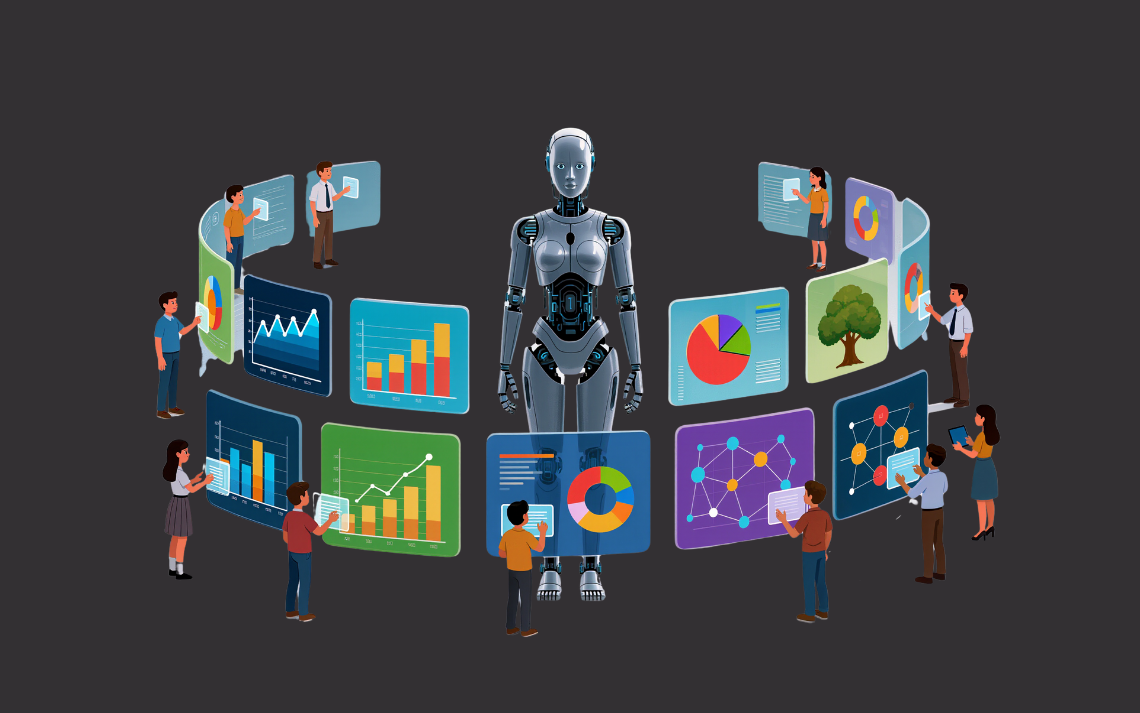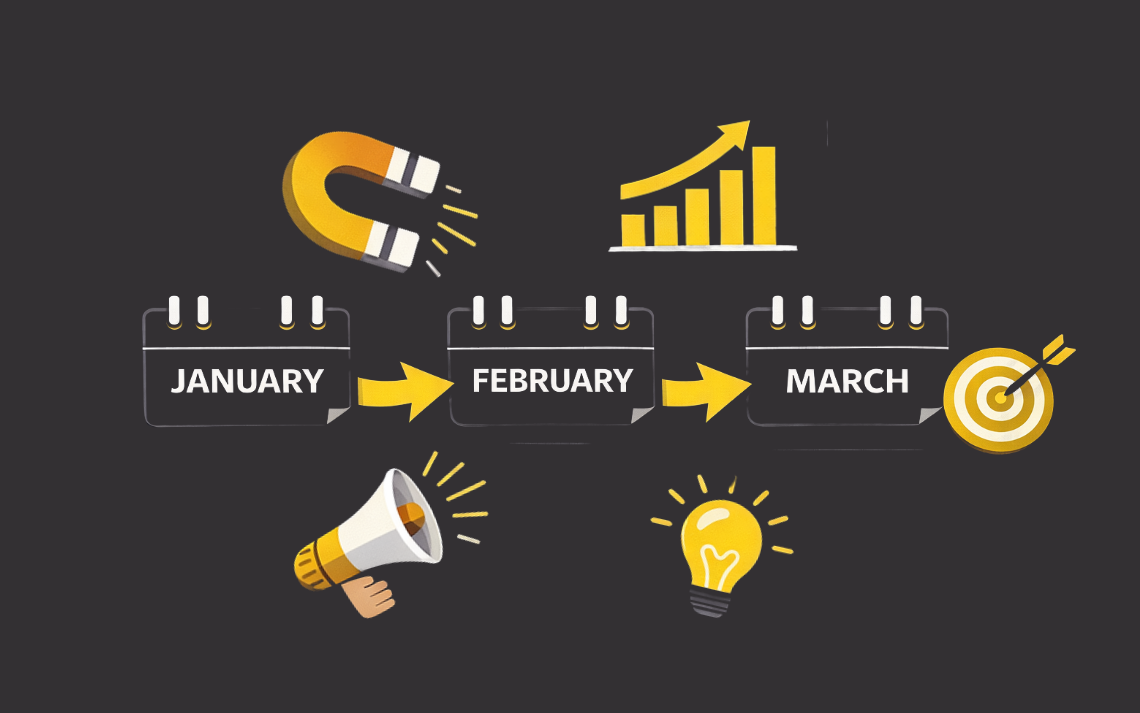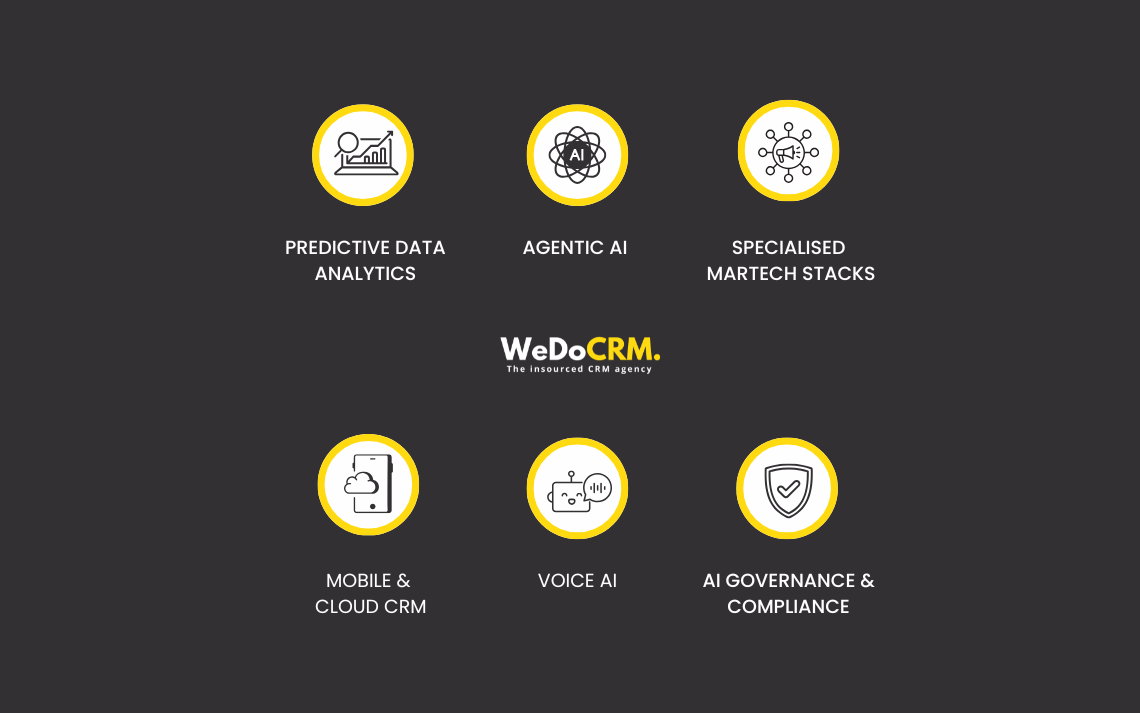Dear Google: AI Just Took Your Job
Before TikTok trends and AI chatbots, the internet was a wilder, weirder place. Let’s take you back to the early 2000s… Dial-up internet (the eee-eee-krrrrrrrrrr noise still haunts us), Nokia 3310 (indestructible and Snake-infested), “You’ve Got Mail!” (a voice that defined an era.) Fast forward to 2025, we’re all carrying around supercomputers in our pockets, casually chatting with AI that can summarise legal contracts, write your cover letter, or plan your wedding. Something has changed, it’s faster, more conversational and maybe that bow-tied butler at Ask Jeeves was onto something with its answers for life’s big (and bizarre) questions.
With this article, we are inviting readers to reflect on how far we’ve come and question whether tools like ChatGPT are not just complementing but potentially replacing traditional search engines. Ultimately, it prompts a timely question: Are we still Googling, or have we started ChatGPT-ing?
Something is shifting – is ChatGPT becoming the new Google?
For the first time in nearly a decade, Google’s search market share dipped below 90% in late 2024. ChatGPT’s traffic exploded from 28.5 billion to 47.7 billion visits between 2024 and 2025, a growth trajectory that has traditional search giants paying attention.
The AI search market itself is projected to grow from $43.63 billion in 2025 to $108.88 billion by 2032, exhibiting a 14% compound annual growth rate. Those aren’t numbers you ignore if you’re Google.
While Google still holds its crown, there’s a new challenger, and it’s the AI-powered assistants like ChatGPT, which we all know and love. No sponsored ads. No digging through SEO-optimised fluff. Just straight-up answers, served in seconds. Hey Google, AI is coming for your search bar… and convenience might just be king!
The appeal of AI is undeniable
Although it may seem to give you all the answers, AI is not the answer to everything. You have to learn ‘how’ to ask what you want to ensure you get back the best content. But after all these years, Google no longer has its own way. And for us, that’s no bad thing.
The appeal of AI search is undeniable. The fact that you get direct answers and no more scrolling through pages of results that are dominated by sponsored content (that sometimes aren’t even relevant) and affiliate links. With people becoming more inpatient and demanding, AI search simply cuts through all the noise. We get it, it’s just easier.
The conversation flow and remembering the conversation history are just the best, too. However, it is important to remember that OpenAI is a tool, and human oversight and fact-checking are essential. You may say your pleases and thank yous to Open AI, but please ask for the source, thank you!
The real battle: business models vs. user experience
You’ve got this weird tech tension going on between a multibillion-dollar business model and one of the best platforms for user experience. Every direct answer AI provides is a click Google doesn’t get, an ad that doesn’t display and revenue that doesn’t materialise, especially when part of their revenue comes from adverts. It is a great question about which one will win during this battle.
The verdict: evolution, not extinction
While Google faces its most serious competitive threat in two decades, declaring it “DEAD” might be premature. The company’s traffic increased between 2023 and 2024, even as AI alternatives gained prominence.
However, the writing is on the wall: search is becoming more conversational, more direct, and less tolerant of ad-heavy, SEO-gaming results.
Rather than one platform “killing” another, we’re likely seeing the emergence of different search behaviours for different needs:
- Quick facts and explanations: AI search excels here
- Current events and breaking news: Traditional search remains top dog
- Shopping and local information: Google’s integrated ecosystem wins here
- Research and analysis: AI’s conversational ways offer an edge
- Specific website or document searches: Traditional search is often more accurate
Whether Google can successfully navigate this transition while maintaining its advertising-dependent business model will determine if it joins the ranks of MSN, Yahoo, and Ask Jeeves in the search engine graveyard. RIP, Mr Reginald Jeeves.
The future of search: Google’s AI Mode
And with that, it has begun… Google has seen its competition and has started to deliver on its newest update that could be the most significant evolution in search since the algorithm itself.
Introducing ‘Ai Mode’, their new experimental search engine experience that uses a custom version of Gemini 2.0 to help with harder questions, starting with coding, advanced math and multimodal queries.
It is quite scary when you think about how fast time is passing by and how everything is evolving with the times. We’ve come a long way since those pixelated beginnings. Some days, we miss the simpler chaos of it all!
Google is trying to maintain its dominance by adapting, and they’re already working on new features, think visual responses with images and video, better formatting, and smarter ways to connect you with the content you’re actually looking for.
Speaking of AI changing everything… is your CRM strategy ready?
While we’re all debating Google vs. ChatGPT, the smart businesses are asking a different question: “How do I prepare my CRM strategy for an AI-first world?”
Our partner HubSpot CRM clearly saw this coming… they’ve already integrated with ChatGPT to help businesses deliver the kind of intelligent, personalised experiences customers now expect.
Read more about how HubSpot teamed up with OpenAI here.
If search is becoming conversational and predictive, shouldn’t your CRM be doing the same?
Here’s what we’re seeing: Companies that adapt their customer engagement to match these new AI-powered expectations are excelling.
Got thoughts on how AI is changing your business?
We’d love to hear what you think! Whether you’re already experimenting with Open AI for customer insights or wondering how to future-proof your CRM strategy, book a call with us.
Book a 15-minute call with our CRM team and let’s discuss how to position your business for this AI-driven future. Because while everyone else is debating which search engine wins, you could be building the customer relationships that matter.
We look forward to hearing from you!






